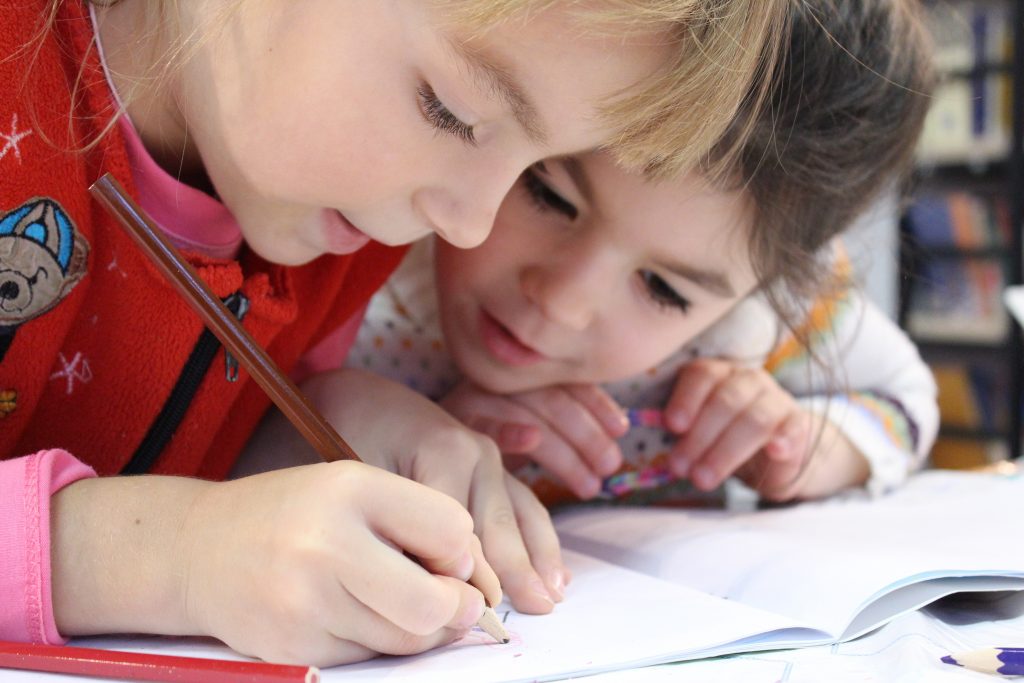Should N.J. schools close for religious holidays? Districts grapple with adding, eliminating days.

Clifton Superintendent Danny Robertozzi has a problem the school year is just too long.
Parents email him to complain that his districts end date, June 23 this year, is too late for kids to still be in school. Some say its too hot. Others say the late end date is interfering with college-bound seniors starting summer programs or other kids starting summer activities.
Robertozzi says he might have a solution: Eliminate the districts non-federal religious holidays, including Rosh Hashanah, Yom Kippur, Diwali and Eid al-Fitr. That would allow Clifton schools where 58% of students are Hispanic and 29% white to get out of school earlier in June.
But hes not sure parents will agree with the plan.
At the end of the day, it may not be able to happen, he said. Because, ultimately I have to make a recommendation to the board of education. And unless the Clifton community overwhelmingly supports removing these holidays, it would not be my recommendation.
Robertozzi is set to make his recommendation to the board of education Thursday night after reviewing a community survey he sent out last month and guidance from a school calendar advisory committee.
Clifton is the latest school district in New Jersey to grapple with complicated questions about which religious holidays to keep on the school calendar and which ones to nix. As the states school population gets more racially and ethnically diverse, some holidays have gained more visibility and school calendar questions have become more fraught.
Many school districts are also under pressure from parents and teachers to condense the school year or group days off into longer winter and spring breaks so students have less scattered one-day holidays throughout the year.
Should schools close on Columbus Day, which isnt a religious holiday but is an important cultural celebration for many Italian-Americans? What about Diwali, the Hindu festival of lights? Or Eid al-Fitr, which marks the end of Ramadan for Muslims?
Christian holidays, including Good Friday and Christmas, are already built into most spring and winter breaks. Similarly, prominent Jewish holidays, including Rosh Hashanah and Yom Kippur, have been included in some districts calendars for decades.
The state Department of Education lists dozens of religious holidays on which students are permitted to be absent from school if their district is open.
The states school religious holiday list ranges from the typical to the less known, including Mabon (a pagan holiday that celebrates the autumnal equinox); Zarathosht Diso (in which Zoroastrians commemorate the death of their Iranian-born prophet, Zoroaster); and L. Ron Hubbards birthday (celebrated in the Church of Scientology to honor their founder).
But districts are largely left to make their own calendars, approved by their school boards, as long as students are in class for 180 instruction days a year.
In Paramus, the school district recently added four new holidays as off days for students: Diwali, Lunar New Year, Eid al-Fitr and Juneteenth. Other religious holidays, including Rosh Hashanah, Yom Kippur and Christmas, have been on the calendar for decades, Superintendent Sean Adams said.
Christmas is included in Paramus winter break, as it is in most school districts. This year, the districts last day of school is June 22.
The new holidays both cultural and religious were added as part of the districts diversity initiatives, Adams said, noting the community response has been largely positive.
We are well aware that a school calendar is often seen as representative of a districts values, and its community itself, Adams said. And so we wanted to make sure that the calendar does represent that accurately.
Adding the new holidays was not easy. To incorporate them without removing any current holidays, while also not extending the school year, district officials created 10 retroactive calendars, looking back, and 10 proactive calendars, looking forward to see how the new holidays would affect the overall school year.
Paramus officials got creative and were able to use the varying dates of some holidays to their advantage, Adams said. For example, the day Christmas falls on each year helps vary how many days winter break will be. The districts winter break in February, which was previously a week, might be condensed into a five-day weekend, he said.
And other days off may change in the future, Adams said.
I can comfortably say it wouldnt be dramatic changes, year after year after year, he added. It would be as the community gradually shifts, then the calendar gradually shifts to meet that.
Other districts in the state have also added newer holidays, but have had to extend their school year as a result. Hopewell Valley Regional Superintendent Rosetta Treece said two recently added holidays Diwali and Lunar New Year were initiated by students.
The districts last day of school is June 16.
Clearly, that didnt change our opinion that this was important … because we made the change even though it extended the year out, Treece said.
Edison Superintendent Bernard Bragen Jr. said the districts calendar is reflective of the areas large Indian population. The roughly 16,500-student district is 66% Asian, according to state data.
The community was appreciative that Diwali and Eid were added as holidays in recent years, Bragen said. Before they were added as holidays, absences on those days had increased, but not by a significant amount. Many parents wanted to celebrate the holidays, but prioritized their childrens education and sent them to school, he said.
Our calendar should be reflective of the needs of our community, Bragen said. Were here to serve our community, so when the communitys needs change, I think its our responsibility to adjust to that.
Our journalism needs your support. Please subscribe today to NJ.com.
Brianna Kudisch may be reached at bkudisch@njadvancemedia.com.


